AI4ABM@ICML2022 Workshop - Speakers
Stephan Zheng
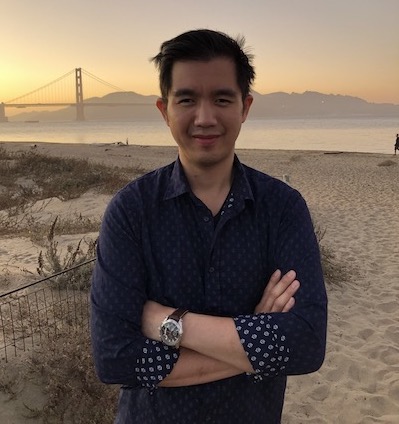 </img>
</img>
Stephan Zheng (www.stephanzheng.com) leads the AI Economist team at Salesforce Research, working on deep reinforcement learning and AI simulations to design economic policies. His work has appeared in Science Advances and has been widely covered in the media, such as in the Financial Times, Axios, Forbes, Zeit, Volkskrant, and MIT Tech Review. He obtained his Ph.D. in Physics from Caltech in 2018, working on deep learning and multi-agent systems, among others, also while interning with Google Research and Brain. Before machine learning, he studied mathematics and theoretical physics at Utrecht University, Harvard University, and the University of Cambridge. He received the Dutch Lorenz graduation prize for his thesis on topological string theory and received the Dutch Huygens scholarship twice.
Kyle Cranmer
 </img>
</img>
Kyle Cranmer is the Director of the Data Science Institute at the University of Wisconsin-Madison and a Professor of Physics with appointments in Statistics and Computer Science. Previously, he was a Professor of Physics and Data Science at New York University and a Visiting Scientist at Meta AI. His research interests are at the intersection of machine learning, statistics, and the physical sciences with an emphasis on simulation-based inference and physically-motivated forms of inductive bias.
Michelle Girvan
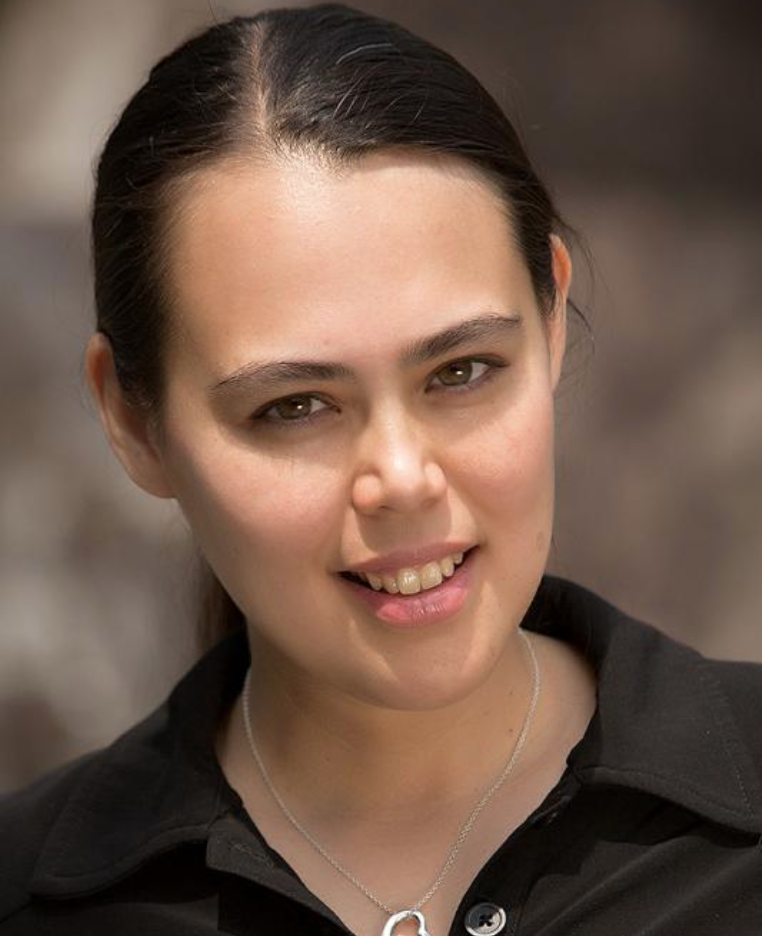 </img>
</img>
Michelle Girvan is a Professor in the Department of Physics at the University of Maryland (UMD). She also has appointments in the Institute for Physical Science and Technology, the Institute for Research in Electronics and Applied Physics, and the Applied Math and Scientific Computing Program. Her research focuses on applications of network science to biological, social, and technological systems. Much of her recent work is aimed at the intersection of network science and machine learning. Girvan received bachelors degrees in physics and mathematics from MIT. She then went on to earn her PhD in physics from Cornell University followed by a postdoctoral fellowship at the Santa Fe Institute before joining the faculty at the University of Maryland. Girvan now serves on the Santa Fe Institute's External Faculty and Science Steering Committee. Girvan is also a Vice President of the Network Science Society and a Fellow of the American Physical Society. Other past affiliations include the London Mathematical Laboratory and the Institute for Advanced Study.
Blas Kolic
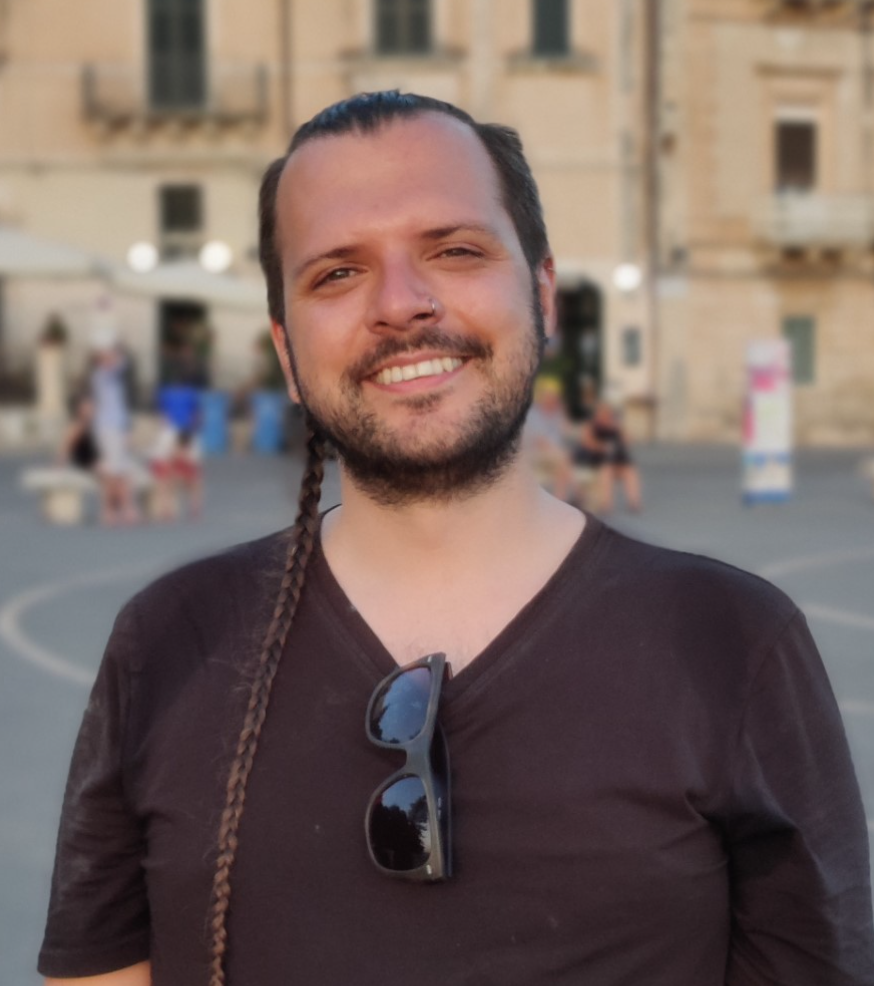 </img>
</img>
Blas Kolic is a physicist and a Mathematics Ph.D. candidate at the University of Oxford. He works in the Complexity Economics group of INET, Oxford with Prof. Doyne Farmer, and he is mainly interested in Complex Systems, Agent-based models, and Network Theory applied to the Social Sciences. He has developed data-assimilation methods to estimate the latent states of dynamical systems with incomplete information, particularly in agent-based models and models with network topologies. He has also studied granular social media data from a complex systems approach, covering topics such as the emotional reaction to Covid-19 and measuring echo chambers in the climate change conversation.
Pablo Samuel Castro
 </img>
</img>
Pablo Samuel was born and raised in Quito, Ecuador, and moved to Montreal after high school to study at McGill. He obtained his PhD from McGill, focusing on Reinforcement Learning under the supervision of Doina Precup and Prakash Panangaden. He has been working at Google since 2012, and is currently a staff research Software Developer in Google Brain in Montreal, focusing on fundamental Reinforcement Learning research, Machine Learning and Creativity, and being a regular advocate for increasing the LatinX representation in the research community. Aside from his interest in coding/AI/math, Pablo Samuel is an active musician.
Theresa Reiker
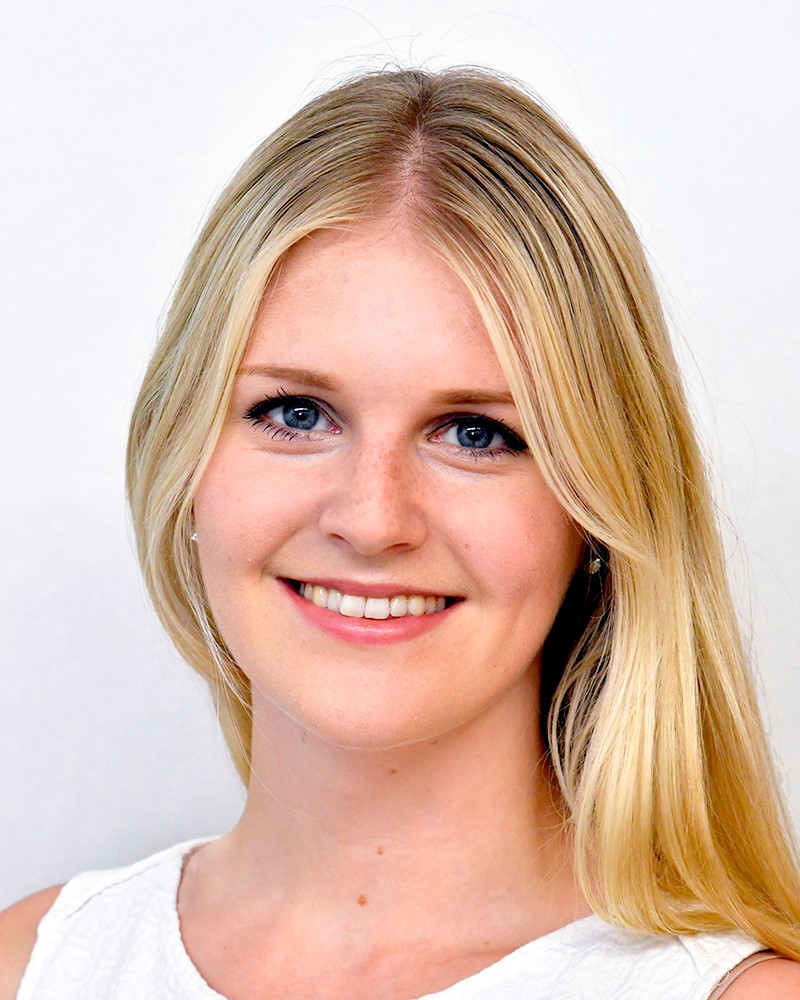 </img>
</img>
As a former biologist, turned machine learning enthusiast, turned public health professional, Theresa is excited to build bridges between fields. The global quest to improve population health requires intersectoral collaborations between diverse partners. Theresa sees herself as a connecting node in this network. Through her academic training at the Universities of Oxford and Cambridge and her PhD at Swiss TPH, she attained broad expertise in using real-world data and computational techniques for health. Her specialty is combining simulations with AI in infectious disease epidemiology with applications in health planning (e.g. for malaria elimination), model calibration, and the development of Target Product Profiles. Today, Theresa translates this this knowledge into impact: she supports health systems in harnessing the power of data and digital to improve the health of their populations.
Publications:click here
Alexander Lavin
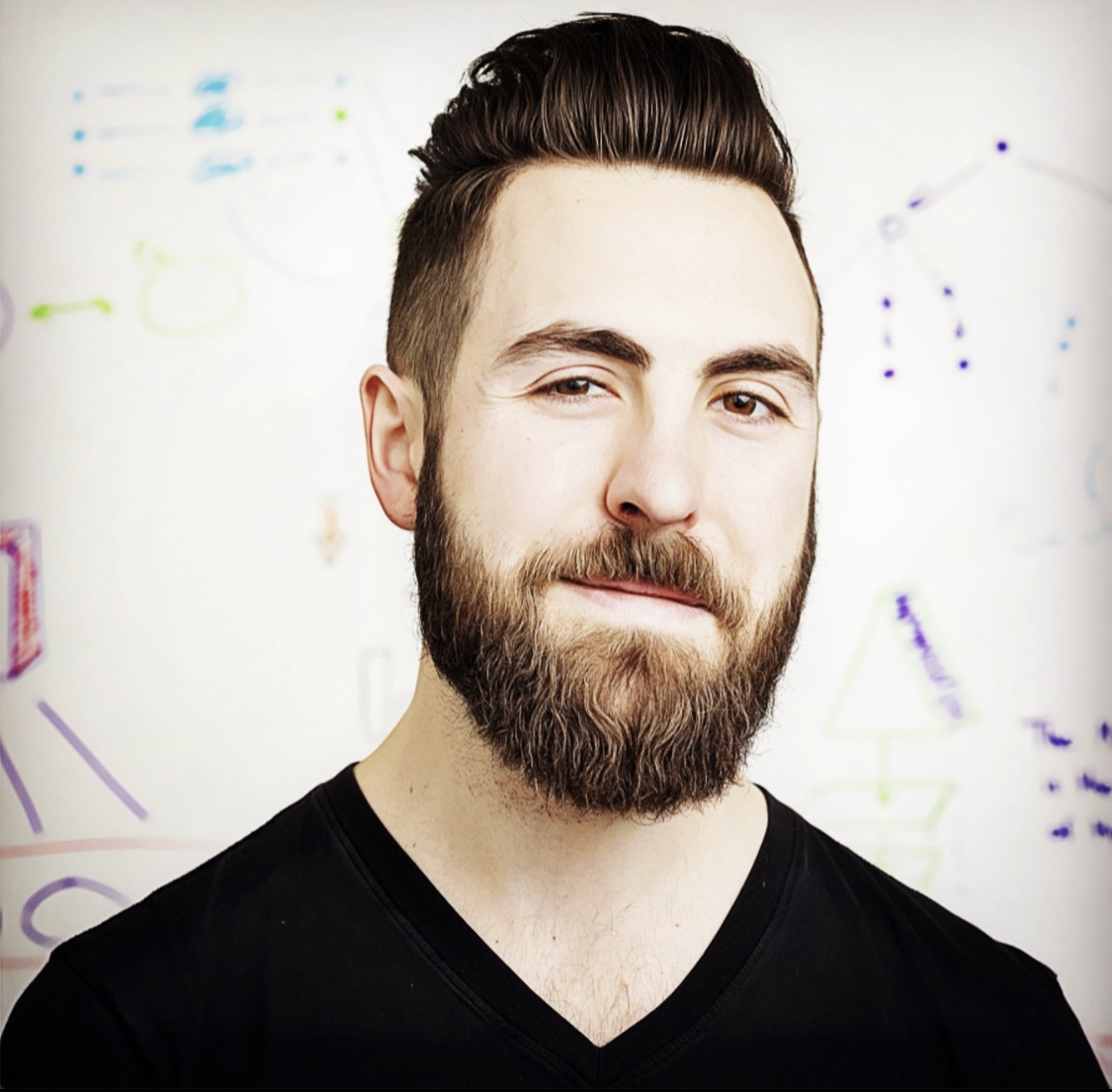 </img>
</img>
Alexander Lavin is a leading AI researcher and software engineer, specializing in Bayesian machine learning and probabilistic computation in scientific domains. He is the Founder of Pasteur Labs, along with non-profit sister Institute for Simulation Intelligence, developing AI-driven simulation technologies to break scientific bottlenecks: simulation.science. Lavin also founded Latent Sciences to commercialize his patented AI platform for predictive modeling in neurodegenerative diseases, which was acquired in 2020. Previously, he was a Senior Research Engineer at both Vicarious and Numenta, building artificial general intelligence for robotics, and developing biologically-derived AI & ML algorithms, respectively. Before working in AI, Lavin was a spacecraft engineer, developing computational design and optimization algorithms for NASA and Blue Origin, building hybrid (efficient) rocket propellants and engines at Technion, and leading the development of the Google Lunar XPrize winning rover at Carnegie Mellon; now he is an AI Advisor for NASA. Lavin was a Forbes 30 Under 30 honoree in Science, as well as a Patrick J. McGovern Tech for Humanity Changemaker, and has won several international awards for rocket science and robotics.